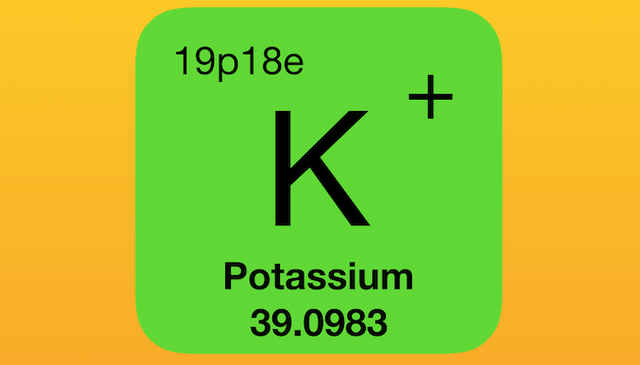
C. Movement of Potassium from the Extracellular to the Intracellular Space
Most of the total body potassium exists inside the cells. There are circumstances in which potassium will move (translocate) from outside the cells to inside the cells. For example, when there is a surge in the amount of insulin secreted by the pancreas (after carbohydrate intake), the potassium will tend to move from outside the cells to inside them. A similar situation happens when there is a surge in adrenaline (when there is stress). There is a condition called hypokalemic periodic paralysis (hypoKPP), which is characterized by sudden episodes of muscle weakness caused by sudden hypokalemia from surges in insulin, adrenaline or both. This condition is caused by a genetic defect that causes the muscles to become extremely weak in response to low potassium levels. These situation can be made worse if before the surge in insulin or adrenaline, there is already a potassium deficit caused by increased potassium losses or decreased potassium intake.
Disclaimer
Any information or statement present in this post does not replace your health care provider’s advice or treatment. This blog does not provide medical advice, prescribe medications or therapies, or diagnose conditions, it only expresses an opinion. If you have a health-related question or condition, confer with your healthcare provider.
Quotations
- In order to quote from this article in bibliography please use the following (Chicago style):
Ramos, Marco A. “Hypokalemia for Everyone.#2C. What Causes Hypokalemia?,” SMO Blog (blog). May 4, 2019. https://steemit.com/health/@secondmedicalop/hypokalemia-for-everyone-2c-what-causes-hypokalemia
Read the other sections of this series:
Introduction
What Causes Hypokalemia? A
What Causes Hypokalemia? B